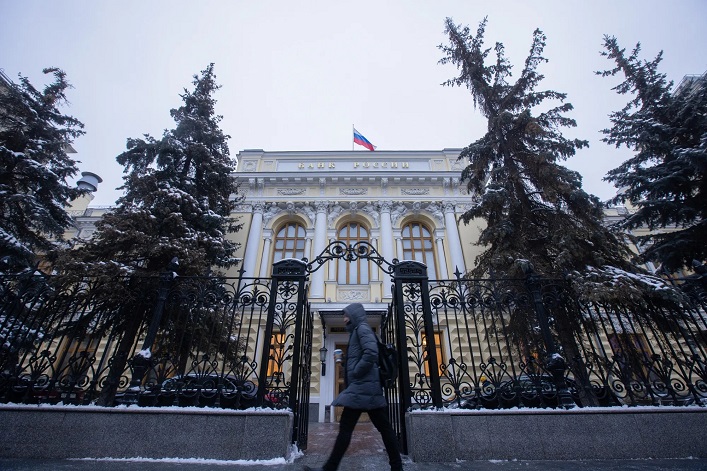The EU is working on the confiscation of frozen Russian assets held in the EU.


The EU is considering the potential confiscation of around $280B in frozen assets belonging to the Russian Central Bank in light of a possible reduction in aid from the US. There is ongoing discussion about using these assets as collateral for establishing an International Claims Commission, which will evaluate compensation for Ukraine’s war damages. If Moscow declines to pay damages, these assets could be seized.
However, Germany, France, and the European Central Bank are against confiscation, concerned about legal ramifications and how the action could affect the euro’s international standing. The EU intends to initiate talks regarding the formation of an International Commission on March 24, and the matter will also be addressed at a meeting of foreign ministers on February 24.
However, Russia might be open to using the sovereign assets frozen in Europe to help rebuild Ukraine, although it will demand that a portion of the funds be allocated to Ukrainian territories currently under Russian control. The support for this idea might reflect the compromises Russia is willing to consider.







